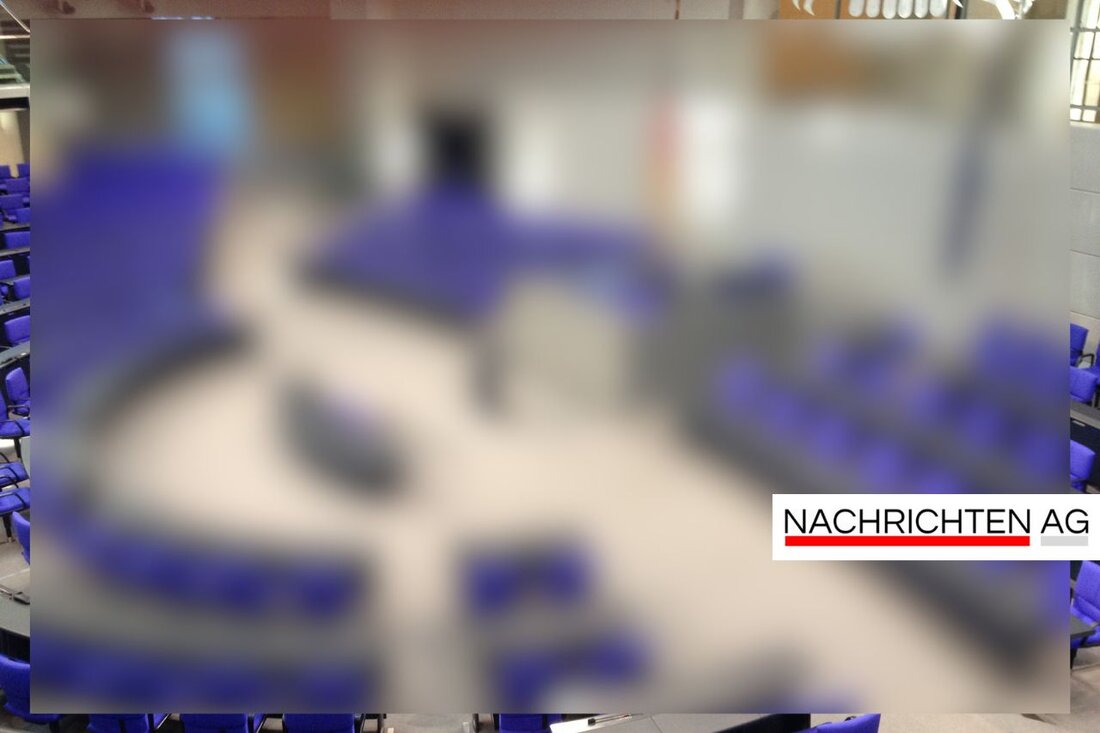Munich is preparing for a water emergency – are we safe?
Munich is securing its water supply despite the heat wave with emergency plans and emergency wells. Experts warn of impending water shortages.

Munich is preparing for a water emergency – are we safe?
The ongoing heat wave is causing worrying developments in Germany, especially in Munich. The first bans on water abstraction have already come into force, and the German Association of Cities and Municipalities is warning of increasing water shortages. The managing director André Berghegger emphasizes that in the event of an acute water shortage, no water may be used for leisure activities. Courageous city residents are wondering how the metropolis is dealing with the impending water shortage.
For many Munich residents, the answer is reassuring: the city has developed a well-thought-out emergency plan for water supply. loud T online The municipal utilities are optimistic and currently have no concerns about the drinking water supply. The majority of Munich's drinking water, around 80%, comes from the clear springs of the Mangfall valley between Miesbach and Rosenheim. An additional water reservoir is drawn from the Loisachtal between Garmisch-Partenkirchen and Eschenlohe, with both sources reaching the city through a natural gradient of around 100 meters.
Innovative emergency strategies
According to the municipal utilities, the city of Munich has acted with foresight and is relying on three elevated tanks in Kreuzpullach, Deisenhofen and Forstenrieder Park, which together can store an impressive 306 million liters of water. These systems are designed to support each other. In the event of an emergency, emergency wells are available from which citizens can collect water. The exact locations of these wells will be announced if necessary. In addition, the emergency wells are independent of the public water network and can be operated with both hand pumps and electric motor pumps.
In order to be able to cover water requirements even during peak times, the municipal utilities also use the Munich gravel plain as a reserve source. Five “peak plants” can cover around 5% of demand and are only activated in the event of peak demand or outages. It is also important for the municipal utilities to mention that they want to further expand technologies and infrastructure to secure water supply and water quality by 2030.
The challenge of water scarcity
However, the situation could still get worse. Environmental experts warn that groundwater is becoming increasingly scarce in Munich and that water supplies are at risk. The climate crisis is having a massive impact on the drinking water supply, and heat and drought increase the risk of forest fires in Bavaria. The glaciers that supply the surrounding area with water could melt in the next 10 to 12 years. Mercury points out that the rain that flows into the sewer system makes it difficult for groundwater to recharge - a striking example of the challenges facing a densely built-up city.
The federal government is responding to these alarming developments with the “National Water Strategy”. This strategy, which was adopted on March 15, 2023, lays the foundation for sustainable management of water resources and sets ambitious goals for the coming decades. Efficiency, sustainability and responsible management are the focus in order to ensure access to high-quality drinking water everywhere in Germany by 2050. According to that Federal Environment Agency A total of 78 measures from the action program will be implemented gradually until 2030.
In summary: While Munich is currently well positioned, the challenges of water scarcity and global warming require long-term measures to ensure drinking water supplies in the future. The ball is now in the court of the city, the citizens and those responsible to have a good hand in sustainable water management.

 Suche
Suche
 Mein Konto
Mein Konto